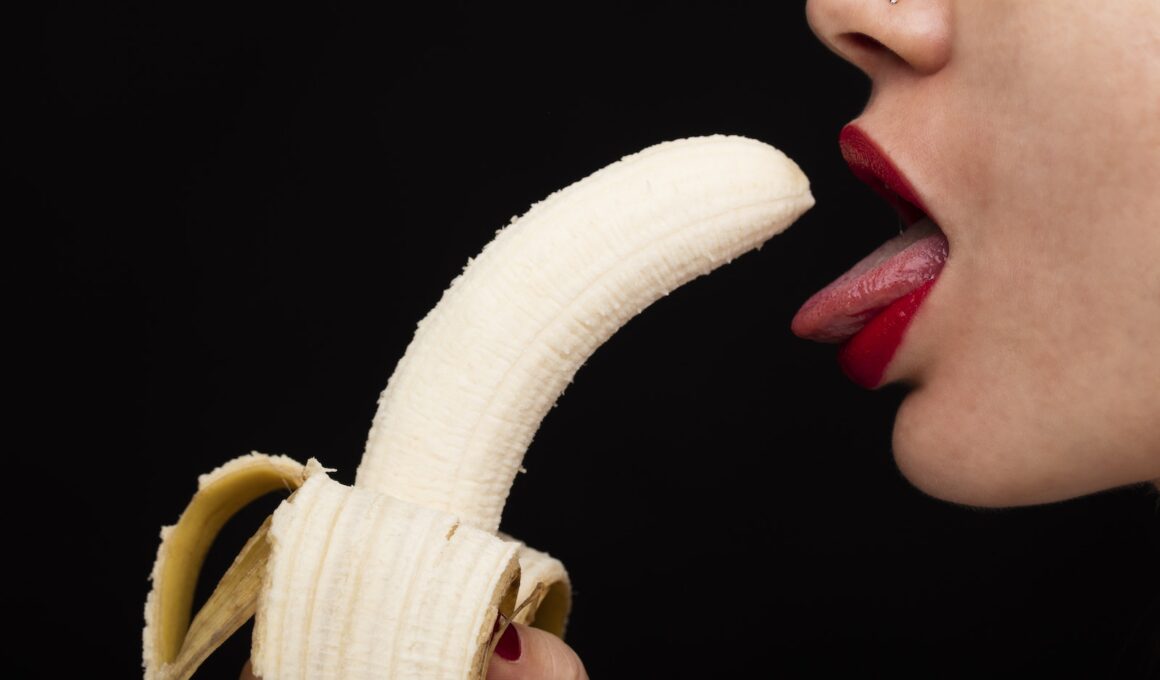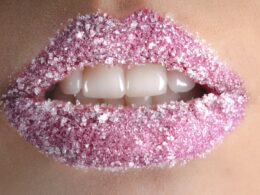Despite what many people think, brushing and flossing before or after oral sex doesn’t decrease the risk of getting an STD. In fact, it can increase the chances of infection because bacteria can get into cuts in your gums or lip sores.
Oral sex is just as intimate as penetrative sex, so it’s important to take hygiene precautions that you wouldn’t consider when having any other sexual activity.
Brush Your Teeth
While oral sex is pleasurable, it can be dangerous if precautions are not taken. Oral sex can transmit sexually transmitted infections (STI) such as Gonorrhoea, Syphilis, Chlamydia, Herpes and HIV. This is because bacteria in the mouth can pass to other parts of the body. This is why it is important to take the time to do a quick once-over before getting intimate. Make sure you use deodorant, clean your hands and brush your teeth.
However, it is not recommended to brush or floss your teeth right before oral sex as this can irritate your gums and create small cuts. These small cuts can then become entry points for infection to enter your blood stream. Instead, the University Health Center at the University of Georgia recommends you rinse your mouth with water.
You can also try a mouthwash with alcohol as this will kill unwanted bacteria. It is a good idea to wait for at least 30 minutes before brushing your teeth after oral sex. If you want to freshen your breath before or after oral sex, then try chewing sugarless gum or drinking water. This will help reduce bacteria and will freshen your breath. If you don’t have any of these options available, you can always rinse your mouth with alcohol-based mouthwash before or after oral sex.
Floss
Oral sex exposes your mouth to saliva and other fluids—including blood, sperm, vaginal secretions, feces and breast milk—which may contain viruses or bacteria. These fluids can get into sores, cuts, ulcers or other parts of your mouth, tongue or gums, and cause infection. These infections can include herpes, genital warts, hepatitis A or B and chlamydia, gonorrhea and syphilis.
Despite what you may have heard, brushing your teeth or flossing immediately before or after oral sex doesn’t decrease the risk of STI transmission. In fact, it can make the situation more dangerous by causing small cuts along your gums. This can make it easier for the germs to enter your mouth and be transferred to your partner, according to She + Good.
You should also avoid using mouthwash before or after oral sex. These products can make your breath smell fresher, but they can also irritate the gums and increase your exposure to any germs you have in your mouth. Instead of mouthwash, you should rinse with water only. The pros recommend doing a mouth check before giving oral sex, and making sure you don’t have sores or wounds that could transmit germs. They also suggest using a condom or dental dam if there’s penile or anal contact so you don’t have skin-to-skin contact, which can spread STIs.
Rinse
When having oral sex, it’s important to rinse out your mouth after every kiss. This reduces bacteria in the throat and mouth which can lead to infections like gonorrhea and chlamydia. This also reduces the likelihood of your partner getting a STI in their urethra. If the giver has gonorrhea or chlamydia in their throat, it can easily colonize the receiver’s urethra.
Brushing your teeth or using mouthwash before or after oral sex can create small cuts in the gums which can serve as entry points for bacteria. It’s best to avoid these activities and use a plain water to rinse. It’s also a good idea to drink a glass of water after rinsing to help wash bacteria into the stomach where the acid neutralizes them. Alternatively, you can use an alcohol-based mouthwash after rinsing, as the alcohol will kill unwanted bacteria.
Lastly, it’s important to note that STIs can be passed through both oral and vaginal sex. If your oral sex involves licking the anus (or anilingus) then you are at risk for passing hepatitis A and B, intestinal parasites like Giardia and E.coli as well as worms such as whipworm and hookworm. Likewise, vaginal sex can transmit hepatitis C, chlamydia, and gonorrhea.
Gargle
Oral sex is pleasurable, but it can also increase the risk of sexually transmitted infections. You may be able to contract herpes, chlamydia, HPV, gonorrhea, or syphilis through oral sex. These STIs can cause sores, ulcers, wounds, gum disease, and bleeding in the mouth and throat. You can decrease the chances of infection through oral sex by using a condom, a dental dam, or both before and during oral sex.
You should always use a mouthwash or gargle that contains essential oils (thymol, menthol, or eucalyptol). These oils are effective at disinfecting the mouth and throat and have been shown to kill bacteria. They are also effective at reducing the symptoms of a sore throat, thrush, or radiation-induced oral mucositis (Buckingham 2010).
The first step to preventing an STI is communicating with your partner. Make sure they are up to date on their STI tests and that they have no symptoms. Another important step is practicing safe sex, including oral sex. You can prevent STIs by wearing a condom or dental dam, having regular oral exams and cleanings, and avoiding foods that may cause cuts in the mouth and throat. It is also a good idea to rinse the genital area with an antiseptic mouthwash or lubricant after a vaginal exam to prevent the buildup of bacteria.





